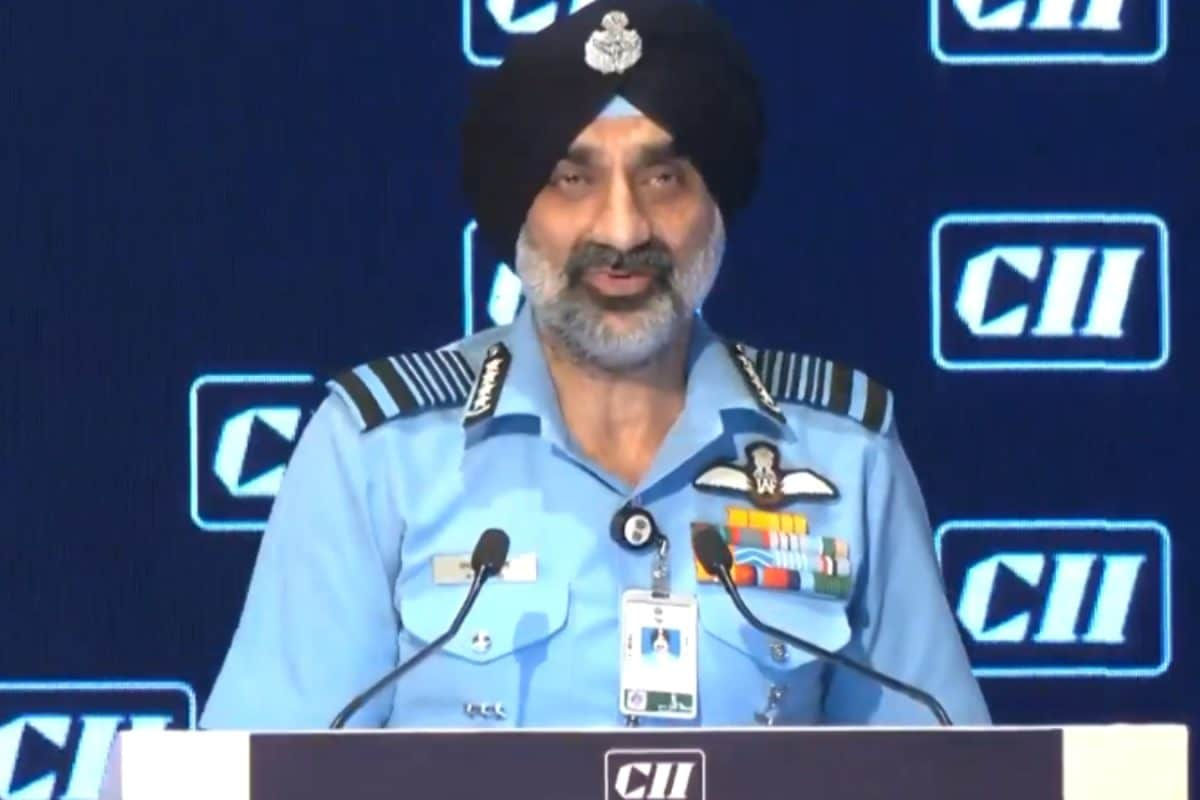

Air Chief Marshal Amar Preet Singh has voiced serious concerns regarding the persistent delays plaguing India's defense procurement process. Speaking at the CII Annual Business Summit on May 29, 2025, the Air Chief openly questioned the current system, where contracts are often signed despite the knowledge that the agreed-upon timelines are unlikely to be met, and in some cases, the systems themselves may never materialize.
The Air Chief Marshal highlighted that not a single project, to his knowledge, has been completed on time, raising concerns about the unrealistic promises made during contract signings. He questioned the logic behind committing to agreements when there is a clear understanding that the deliverables will not be met. This statement underscores a deep-seated issue within the Indian defense sector, impacting modernization and operational readiness of the armed forces.
A prime example of these delays is the Light Combat Aircraft (LCA) Tejas Mk1A program. A contract worth ₹48,000 crore was signed with Hindustan Aeronautics Limited (HAL) in February 2021 for 83 aircraft, with deliveries initially scheduled to begin in March 2024. However, as of today, not a single aircraft has been delivered. This significant delay in a crucial indigenous project raises serious questions about the efficiency and reliability of the defense procurement and production ecosystem. The Air Chief also pointed out that the prototype of Tejas Mk2 is yet to roll out and there is no prototype yet for the stealth AMCA fighter.
The delays are not merely about timelines; they have a cascading effect on the Indian Air Force's capabilities. The IAF, already operating with a reduced number of squadrons, faces the risk of further depletion if modernization efforts are not expedited. The slow pace of indigenous programs, coupled with challenges in foreign acquisitions, creates capability gaps that could undermine India's strategic goals.
Air Chief Marshal Singh emphasized the need to shift focus from just "producing in India" to "designing in India." He advocated for greater trust between the armed forces and the domestic defense industry, promoting openness and accountability to ensure that commitments are honored. He also stressed the importance of being "now-ready" while simultaneously working towards becoming "future-ready," stating that while increased output from the domestic industry is expected in the next 10 years, the immediate needs of the Air Force must be addressed urgently.
The Air Chief's remarks come at a time when India is striving for self-reliance in defense production under the 'Atmanirbhar Bharat' initiative. While the government has taken steps to streamline the procurement process, including reforms in the Defence Acquisition Procedure (DAP) 2020, the persistent delays indicate that more needs to be done. The Ministry of Defence has formed committees to fast-track defense procurement and cut delays, aiming to reduce the acquisition time from 5-7 years to just six months for special military equipment.
To address these challenges, there is a need for greater collaboration between the armed forces, defense industries (both public and private), and the government. Streamlining the procurement process, fostering technology transfer, and investing in research and development are crucial steps towards building a robust and self-reliant defense sector. As Air Chief Marshal Singh aptly stated, "Wars are won by empowering our forces," and timely procurement and delivery of defense systems are essential to achieving that empowerment.